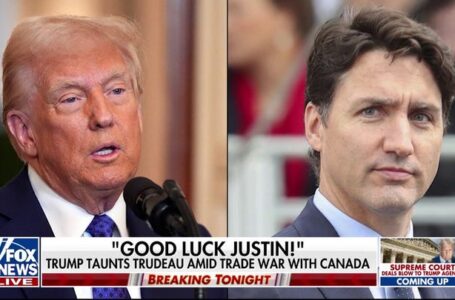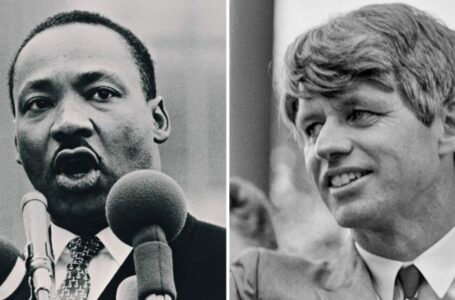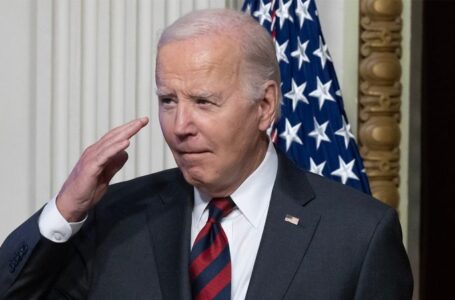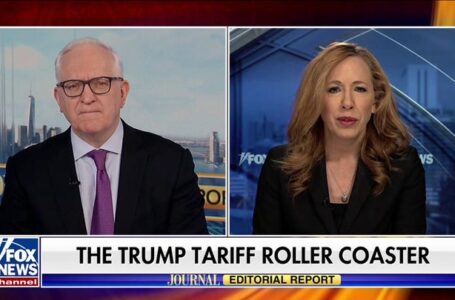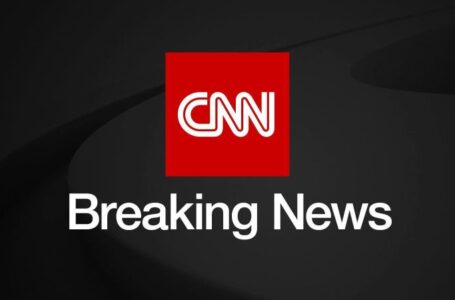Romanian far-right pro-Russian candidate barred from presidential vote
Harris backs ending taxes on tips, weeks after Trump made similar pledge
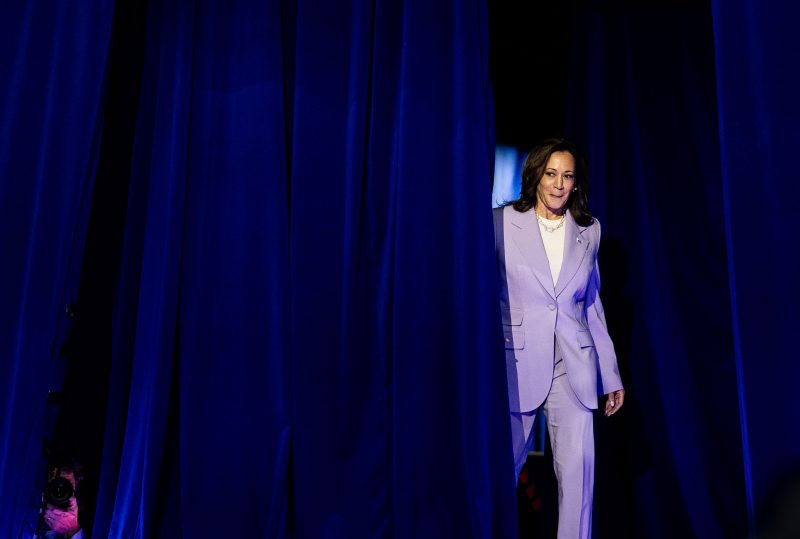

Vice President Kamala Harris is echoing an idea first proposed by her opponent, Donald Trump, by pledging that she would push to eliminate taxes on tips.
“When I am president, we will continue our fight for working families of America, including to raise the minimum wage and eliminate taxes on tips for service and hospitality workers,” Harris said during a campaign rally Saturday at the University of Nevada at Las Vegas.
It was the last stop for Harris and her running mate on the Democratic ticket, Minnesota Gov. Tim Walz, as they toured swing states, including Nevada, where the service industry is a major employer. Leisure and hospitality is the main industry in the Las Vegas metropolitan area, accounting for over a quarter of total employment in January 2023, according to the Nevada Office of Workforce Innovation.
Many service workers were enthusiastic when Trump made a similar proposal at a rally in the same city two months ago. “For those hotel workers and people that get tips, you’re going to be very happy. Because when I get to office, we are going to not charge taxes on tips,” Trump said.
After Harris’s announcement, Trump said in a post on his social media platform that Harris “copied my NO TAXES ON TIPS Policy,” adding that“This was a TRUMP idea – She has no ideas, she can only steal from me.”
The idea of scrapping taxes on tips for some workers is not new, and unions representing service and hospitality workers have been pushing for it for years. Still, some of those unions expressed skepticism that Trump would be able to implement the idea when he proposed it. Ted Pappageorge, secretary-treasurer for Culinary Workers Union Local 226 — which endorsed Harris and Walz ahead of Saturday’s event — previously said the Culinary Union has “fought for tipped workers’ rights and against unfair taxation” for decades.
“Relief is definitely needed for tip earners, but Nevada workers are smart enough to know the difference between real solutions and wild campaign promises from a convicted felon,” Pappageorge said in a statement, referring to Trump’s New York conviction this year on charges related to a hush money payment.
The hospitality workers union Unite Here, which also endorsed Harris, likewise downplayed Trump’s pledge. Union President Gwen Mills told the Associated Press that Trump was “making a play” for votes.
As The Washington Post has reported, under current law, all gratuities that workers receive must be taxed at the same rate as their regular income, and many employers report their workers’ tips to the Internal Revenue Service — but much is paid in cash and never reported. More than 6 million workers had tips reported to the IRS in 2018, the most recent year for which complete data is available.
Tips are crucial for many hospitality and service workers. The federal government and many states allow employers to pay tipped workers well below the normal minimum wage, provided they make up the difference to ensure each worker earns at least the standard federal minimum wage of $7.25 an hour. When President Joe Biden was still running for reelection, he called for eliminating the lower tipped minimum wage and increasing the minimum wage for all workers.
Any change to the taxation of tipped income would require an act of Congress — where there appears to be some bipartisan support for the idea. Sen. Ted Cruz (R-Tex.) and Rep. Byron Donalds (R-Fla.) introduced legislation in June called the No Tax on Tips Act, which would exempt tips from federal income tax. The proposal received the backing of Nevada’s two Democratic senators, Jacky Rosen and Catherine Cortez Masto.
The Budget Lab, a nonpartisan policy research center affiliated with Yale University, analyzed the bill and concluded it would not have a large impact on the U.S. workforce. It said “a meaningful share” of tipped workers — representing less than 3 percent of all employment in the United States — already pay no federal income tax because they earn less than federal minimums.
“This suggests that the direct effect of the bill on the workforce as it stands today—before accounting for behavioral changes—would be small,” the Budget Lab analysis said. “The larger and far more uncertain effect would stem from behavioral changes incentivized by the bill, such as substitution into tipped employment and tipped income, which would increase the bill’s overall cost.”
The presidential candidates’ proposals were not heavy on details.
When asked for more information at the time, a Trump spokeswoman said: “President Trump will ask Congress to eliminate taxes on tips.”
On Saturday, a Harris campaign official, speaking on the condition of anonymity, made clear that her proposal “would require legislation” and that it would not be a free-for-all.
“As President, she would work with Congress to craft a proposal that comes with an income limit and with strict requirements to prevent hedge fund managers and lawyers from structuring their compensation in ways to try to take advantage of the policy,” the official said.
Julie Zauzmer Weil contributed to this report.


